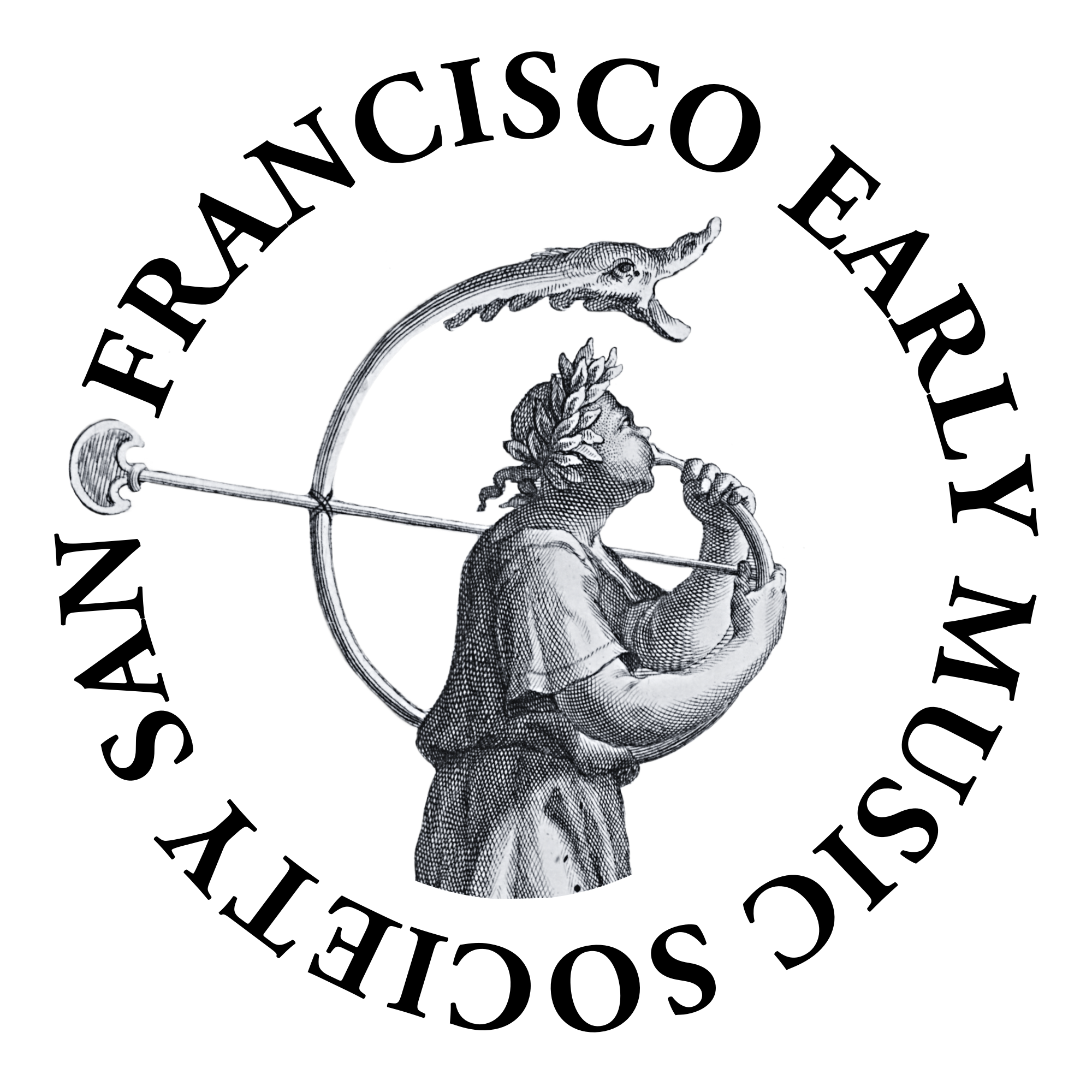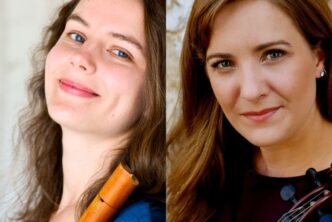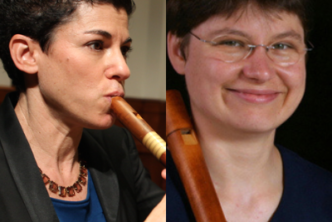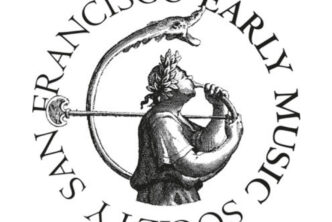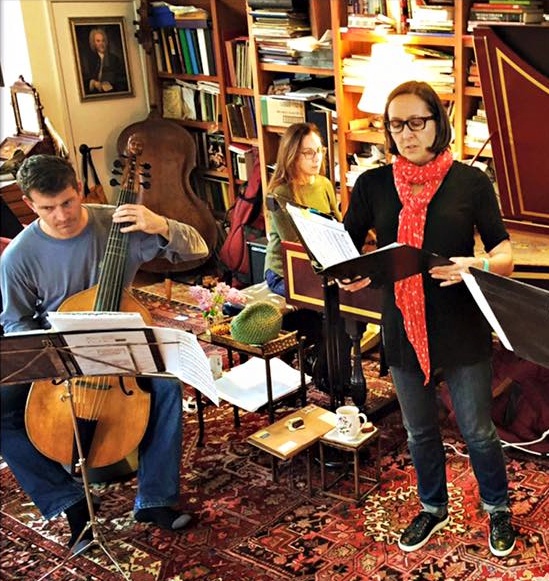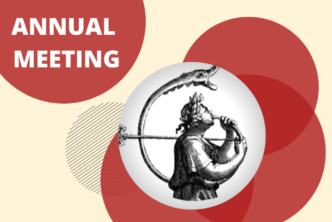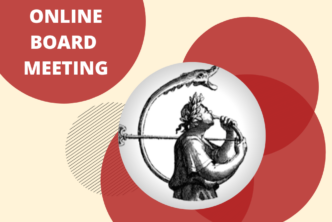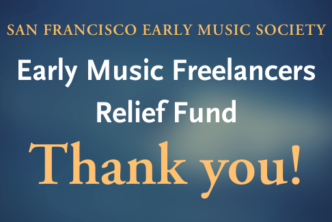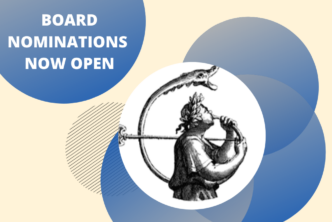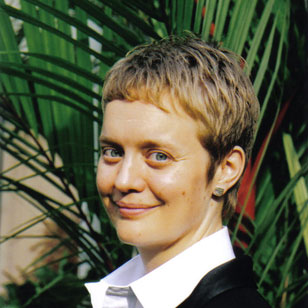The aftermath of war has complex and widely varied cultural reverberations, as people reckon with physical destruction and emotional loss, shock and exhaustion, as well as relief and the fervent hope for peace. The art which emerges in the ashes of war may express grief, joy, hope, or cynicism; a renewal or loss of faith; hedonism or stoicism; resignation or rebellion.
The first weekend in February, Agave Baroque and countertenor Reginald Mobley will appear on the SFEMS concert series with a program that explores some of these expressions in the music composed during the second half of the 17th century, the aftermath of the Thirty Years War (1618–1648), one of the longest and most destructive in European history. For all its horrors, that war also produced an outpouring of some of the richest, most passionate and deeply felt musical works of the baroque, says Agave Baroque violinist Aaron Westman. “One of the results of the Thirty Years’ War was the development of the so-called ‘fantastical style’ (Stylus fantasticus), which intermingled the sacred and profane styles available at the time in a free-flowing, unstructured dialogue. In the darkest shadows of war, music had the immense power to motivate, unite, comfort, heal and lift people out of the depths of their grief.”
Based in the Bay Area, Agave Baroque specializes in chamber music of the 17th and 18th centuries. Agave has received numerous awards and accolades, and has gained local and national attention for its “rapturous music,” “brilliant… profound playing” (EMA Magazine), and growing discography. The group is now in its tenth season. In addition to Westman, the members of Agave are Natalie Carducci and Anna Washburn, violins & violas; Katherine Kyme, viola; William Skeen, cello & viola da gamba; Kevin Cooper, guitar & theorbo; and Henry Lebedinsky, organ & harpsichord.
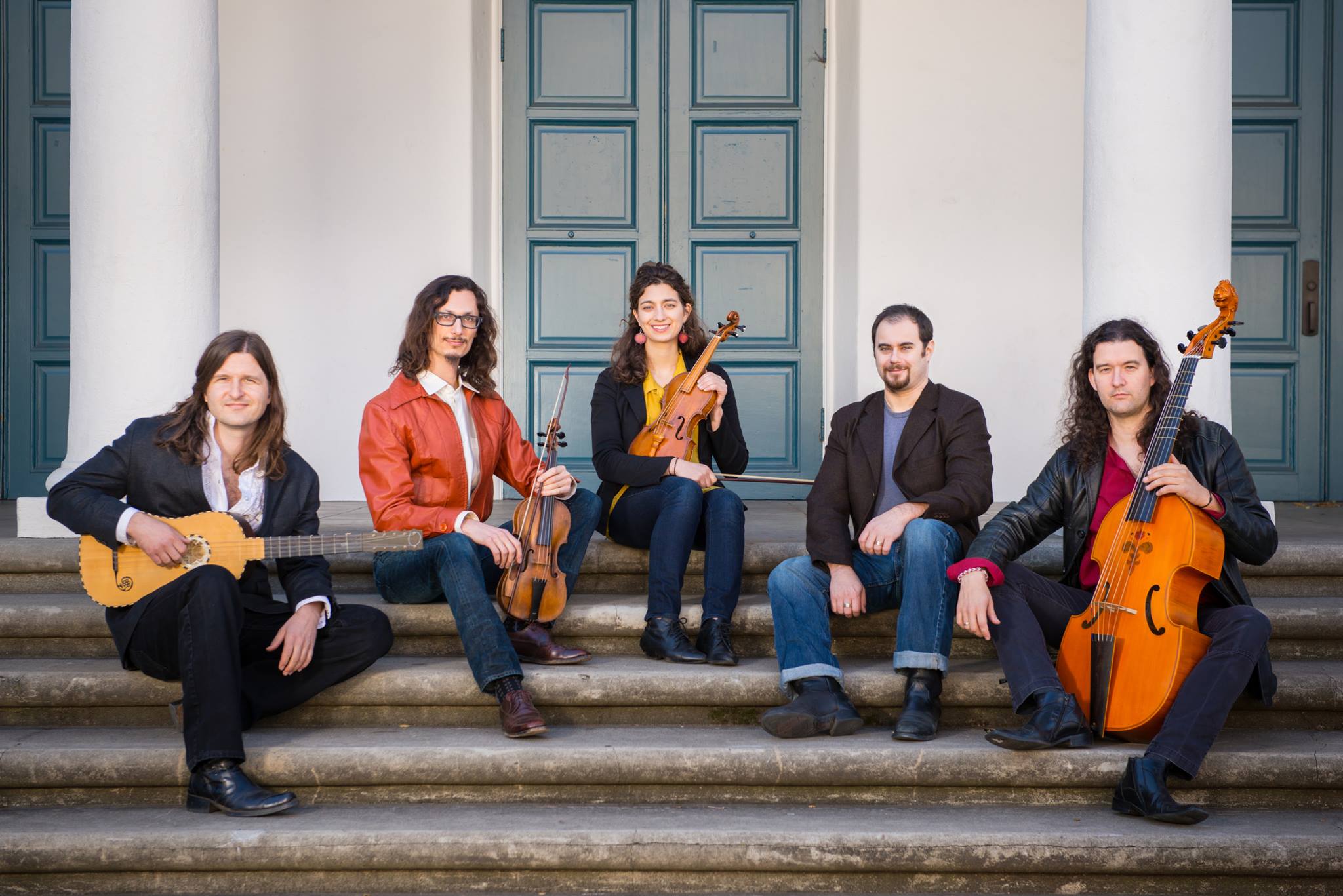
Agave is also delighted to perform again with Reginald Mobley, a “young countertenor destined to make his mark,” (Chicago Tribune). A regular soloist with Sir John Eliot Gardiner and the Monteverdi Choir and English Baroque Soloists, Mobley recently made his debut with the Academy of Ancient Music, as well as with the Royal Scottish National Orchestra, the Seattle Symphony and the Calgary Philharmonic Orchestra. He has two recordings with Agave Baroque: Queen of Heaven, featuring the music of Isabella Leonarda, and Peace In Our Time, released this past summer.
In the following notes, Reginald Mobley shares his thoughts on the significance of this music.
* * *
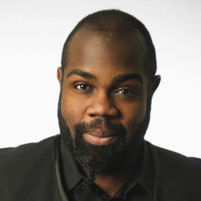 War is one of the oldest things we know. For too many reasons, fewer good, we of the human race are drawn into conflict with and against each other to resolve, or to gain. Especially when we lose the ability to accept that words, compassion, patience, and compromise can achieve similar goals without the sword and gun’s skill for drawing blood and ending life.
War is one of the oldest things we know. For too many reasons, fewer good, we of the human race are drawn into conflict with and against each other to resolve, or to gain. Especially when we lose the ability to accept that words, compassion, patience, and compromise can achieve similar goals without the sword and gun’s skill for drawing blood and ending life.
One of the counters that we possess to balance such ugliness is art. Music, especially, has had the ability to help those affected by war to sort, change, galvanize, and even distract from all of the feelings and emotions that emerge from the presence of war. It is in these dark times that we truly see the immense power that music has in its ability to motivate, comfort, and heal.
Recently, we began a period of remembrance for the 100-year anniversary of the First World War. Between the years of 1914 and 1918, we saw the first true global war that involved nearly every continent on Earth. With this remembrance, we also revisit the art that arose in response to this war, as well as all that came in its wake and memory.
As 2018 closes the 100 year anniversary of WWI, it begins the anniversary of a much older, yet no less important conflict involving Western civilization. The year 2018 is the 400th anniversary of the beginning of the Thirty Years’ War. This war still stands as one of the longest and most destructive in European history. A bloody conflict that surrounded the unrest between Protestant and Catholic regions in the Holy Roman Empire, a death toll of roughly 8 million people, and a nearly 40% decrease in the overall population in German states is still too high a cost against our modern day population—even in the shadow of the two Great Wars of the 20th century.
Yet, just as with WWI, in the shadow of the violence of the Thirty Years’ War, beauty persists. Music and art shines ever brighter as a balm for the afeard, and does its due diligence in helping the people of that time to sort through their grief.
As with every project and recording released by Agave Baroque, the major goal is to honor great music and release more beauty into the universe. This project is no exception, and I consider myself fortunate to be included in this foray. However, I have a secondary motive. There is something that has existed along with humanity that predates things like war, slavery, and injustice. Feelings and emotion has been our constant companion for as long as we’ve been around. And despite the change in tactics and tools, war has not changed from the Thirty Years’ War to the Great War, and neither has feeling. Hate, love, pain, joy, grief, and comfort have existed long before, and remain the same to this day. It is the bind that links us to all of those who have come before us. Feelings and emotions are the glue of the human experience.
This project and recording is our first note heard round the world in our approach to the 400 year anniversary in 2018. We seek to give further exposure to the beauty of the writing of many of the composers who were affected by the events of the Thirty Years’ War. From the powerful grief of Johann Christoph Bach’s mighty lament Ach, dass ich Wassers gnug hätte to the feelings of sacred resignation and subtle exultation in David Pohle’s Herr, wenn ich nur dich habe, we get a chance to share in the myriad emotions of these musicians, and the people at large, who were affected by terrible conflict. I hope that we get to not only share their music with you, but also to be a conduit to link you, personally, to the very emotions and feelings they felt during this time. A chance to share in the joy and pain of who came before us, so that we can learn the compassion and empathy to help shape a better future for those who are to come long after us.
* * *
SFEMS presents Agave Baroque with Reginald Mobley at 8:00 p.m., Friday, February 2, at First Presbyterian Church, 1140 Cowper Street (at Lincoln) in Palo Alto; 7:30 p.m., Saturday, February 3, at St. John’s Presbyterian Church, 2727 College Avenue (at Garber) in Berkeley; and 4:00 p.m., Sunday, February 4, at Church of the Advent, 261 Fell Street in San Francisco. Tickets are available online or through the SFEMS Box Office at 510-528-1725.

